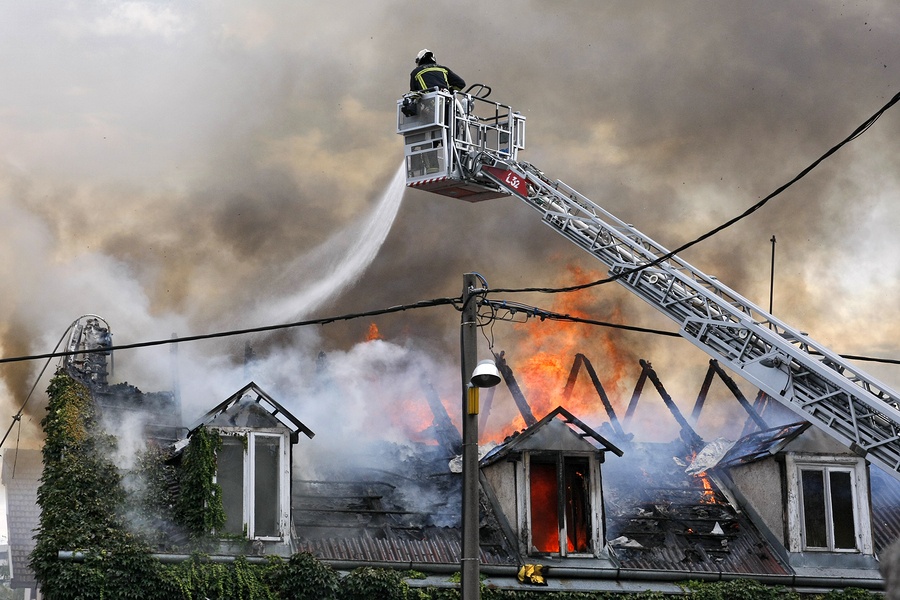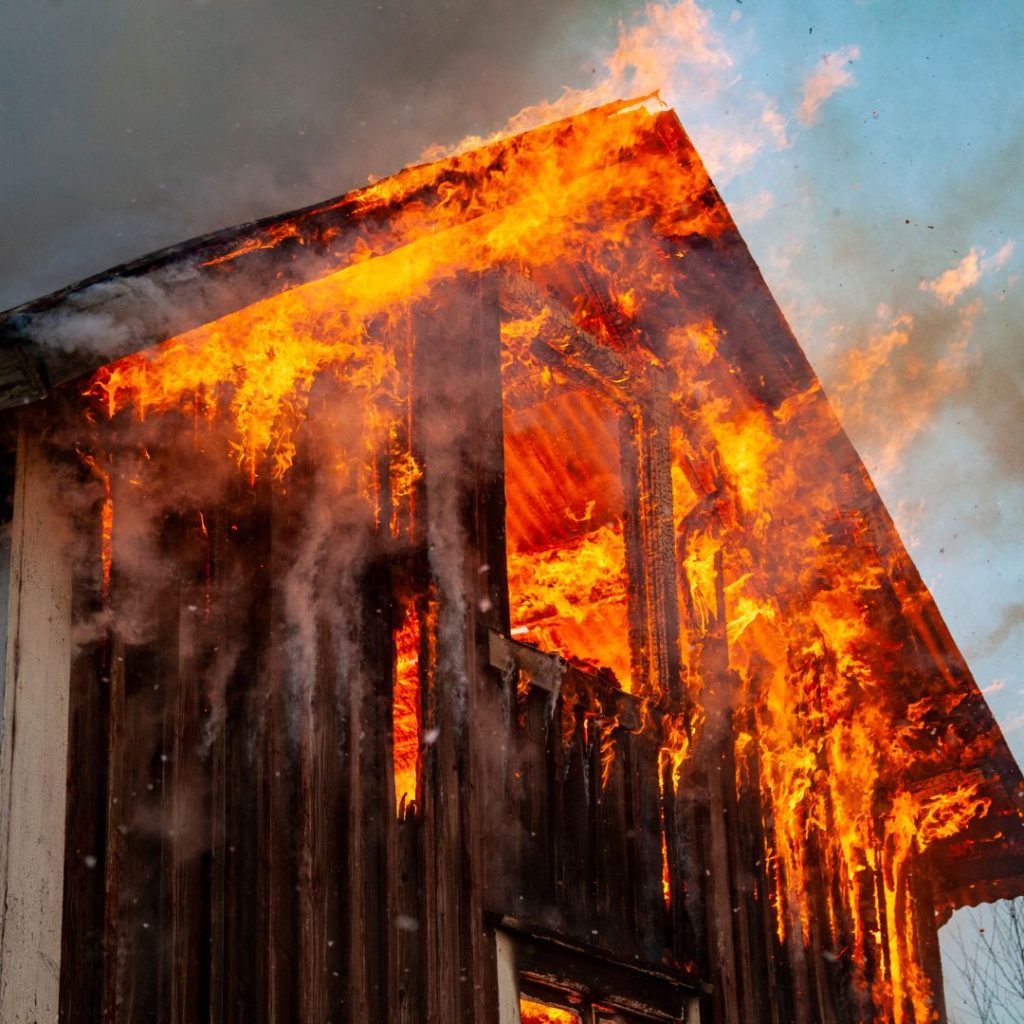
House fires of any kind are truly devastating. There are over 300,000 house fires each year, and unfortunately, more fires occur in winter than any other time. With more knowledge and preparation, most house fires can be prevented.
Common Causes of House Fires in Winter
Home fires increase during the cold weather months. In fact, insurance companies and fire departments actually prepare for more fires during December, January and February.
Candles. Fires caused by candle use are common during the holiday and winter season. If you burn candles, make sure they aren’t close to objects that will catch on fire. Don’t leave burning candles unattended, and keep them away from children.
Cooking. Cooking is a relaxing and fun activity that brings friends and family together. It’s also a major cause of home fires and injuries. Be alert while you are cooking, especially if you’re using high heat such as in frying. Keep flammable items away from the cooking area and be sure to turn off all cooking equipment.
Electrical. A common contributor to house fires is an electrical failure or malfunction. According to the National Fire Protection Association, the leading areas of electrical fires are bedroom, kitchen, attic and garage. Overloading circuits is common. One of the most common is the clothes dryer. Make sure to clean the air duct regularly and clean the lint screen after each use.
Garage fires. Fires beginning in the garage are also a top source of house fires in winter, due to highly flammable materials stored. Ideally, these materials should be stored in a shed away from the home. To avoid a garage fire, install a heat alarm that will sound if the temperature rises too high.
Heating. Space and baseboard heaters are common causes of home fires. Failure to properly clean the heaters is a leading contributor. Placing objects that burn too close to the heating equipment or placing the heaters too close to flammable objects is a leading cause of fire. If your home is heated with baseboard heaters, make sure furniture is a reasonable distance from them. Check often to see that nothing has fallen close to the heaters.
Take Steps to Avoid House Fires in Winter
Protect your home and family by going through the precaution list. Take the steps needed to decrease the risks of house fires in winter.
The Damage Left Behind
When dealing with the aftermath of a house fire in winter, you might find yourself bewildered as to how to reclaim your home after the damage. Unfortunately, your property will likely not only have fire damage, but water and smoke damage as well. Cleaning up after a fire is not a do-it-yourself project.
You’ll need professionals to assess the damage and begin the restoration process. Thankfully, experts in smoke and fire damage repair will be able to clean up and restore your home to the pre-fire condition you enjoyed.



 PuroClean Restoration Specialists
PuroClean Restoration Specialists